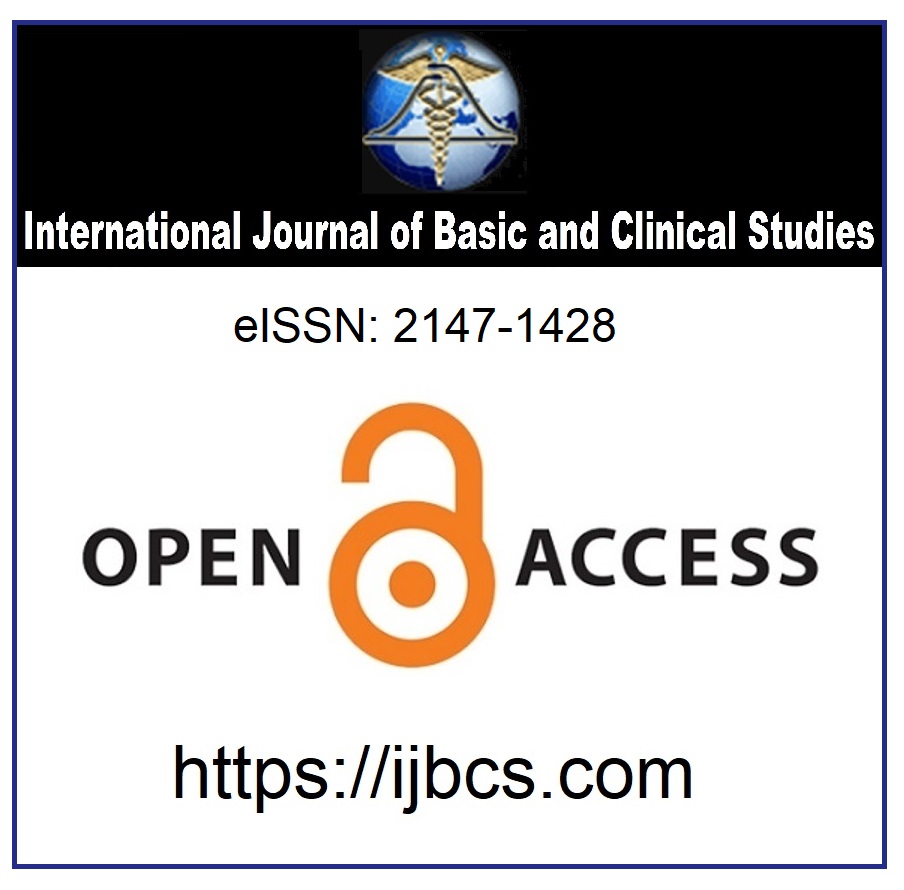Investigation of the Relationship Between Different Treatment Modalities and Blood Glucose Levels in Epilepsy
Keywords:
Epilepsy, Resveratrol, Silymarin, GlucoseAbstract
AbstractObjective: Epilepsy is a progressive neurological disorder characterized by recurrent seizures and exists in both acute and chronic forms. Seizures can be classified as focal or generalized. Pentylenetetrazol (PTZ) is a widely used chemical agent for inducing acute and chronic epilepsy. Resveratrol and silymarin are powerful natural compounds produced by plants in response to damage, and both have been reported to reduce epileptic symptoms. Blood glucose levels are known to decrease in epilepsy. In this study, our objective was to investigate the relationship between blood glucose levels and different treatment groups in epileptic rats.
Methods: A total of 24 rats, aged 8–12 weeks, were divided into four groups. While the control group received no intervention, the other three groups were administered PTZ for 14 days. Following this, resveratrol and silymarin treatments were administered for 14 days to the respective groups. Blood glucose levels were measured and compared during the interventions. A significant difference was observed within all groups except the control group (p < 0.05). Intergroup comparisons revealed significant differences in the second and fourth weeks (p < 0.05). Notably, all groups showed a significant difference from the control group during the second week (p < 0.05).
Results: It is known that epilepsy reduces blood glucose levels. In the second week, differences between the control and epileptic groups were observed with the onset of chronic epilepsy. The lack of significant difference between the treatment groups and the control group in the third and fourth weeks indicates the effectiveness of the treatment protocols.
Conclusion: It was observed that blood glucose levels decrease in epilepsy and that different treatment modalities positively influence glucose levels.
Downloads
Published
How to Cite
Issue
Section
License
Copyright (c) 2025 By the Authors.

This work is licensed under a Creative Commons Attribution 4.0 International License.



